Support North Carolina’s Pollinators
Thousands of NC insect species keep ecosystems humming, and they need your help
Photo by reader Alyssa Rowe, a member of Haywood EMC
Many types of insects transfer pollen between flower parts, or between flowers, a requirement for many plants to produce seeds and fruits. At least 75 percent of all flowering plants on earth are pollinated by insects and animals, according to the National Park Service. But pollinators need our help! Habitat loss, fragmentation, pesticide use and a changing climate are putting pollinators at risk.
Electric co-op support
Conversations at the NC Wildlife Resources Commission about pollinator habitat decline led to the creation of the North Carolina Pollinator Conservation Alliance in the fall of 2017. The NC Pollinator Conservation Alliance has since grown to include more than 30 organizations representing local, state and federal government agencies, North Carolina’s Electric Cooperatives and other utility companies, non-governmental organizations, and private entities. Working together, the Alliance promotes the health and diversity of pollinators across the state through protection, management, restoration and creation of pollinator habitat.
North Carolina’s Electric Cooperatives are a part of the NC Pollinator Conservation Alliance’s energy committee, which shares ideas about creating pollinator habitat on solar farms and in utility rights-of-way.
A transmission line right-of-way near the North Carolina Electric Membership Corporation’s Hamlet power plant is a part of the state’s “Butterfly Highway.”
How you can help
On your acreage
The NC Wildlife Resources Commission and the NC Pollinator Conservation Alliance have fostered partnerships with local governments, corporations and private landowners to enhance pollinator habitat on their lands. Visit ncpollinatoralliance.org or email for information on how you can improve pollinator habitat on your property.
Around your home or garden
Plant native species of trees, shrubs and flowers to create a “pollinator pitstop.” Visit bit.ly/nc-pollinator-plants for a list of recommended plants from the NC Wildlife Federation. You can also register your garden as an official part of the Butterfly Highway.
Sources: NC Wildlife Resources Commission, NC Wildlife Federation
-
Protecting Precious Pollinators
-
Share this story:

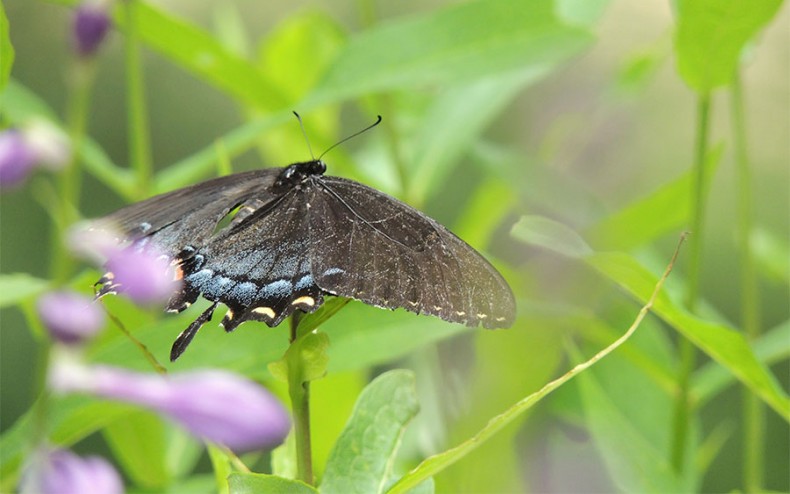
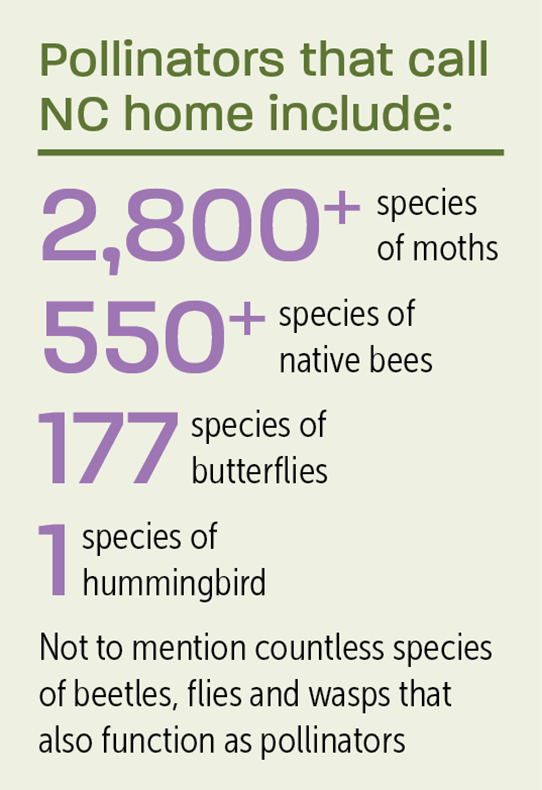
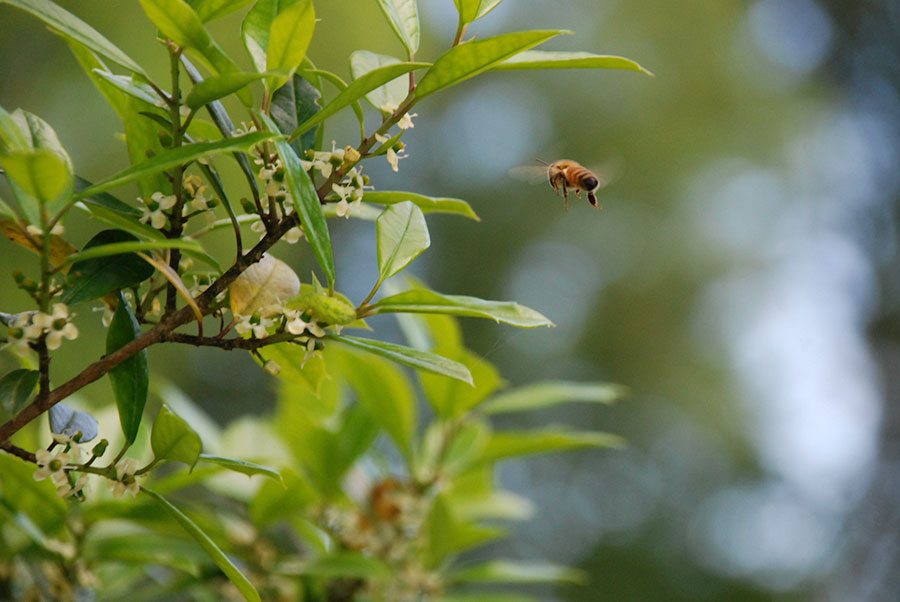
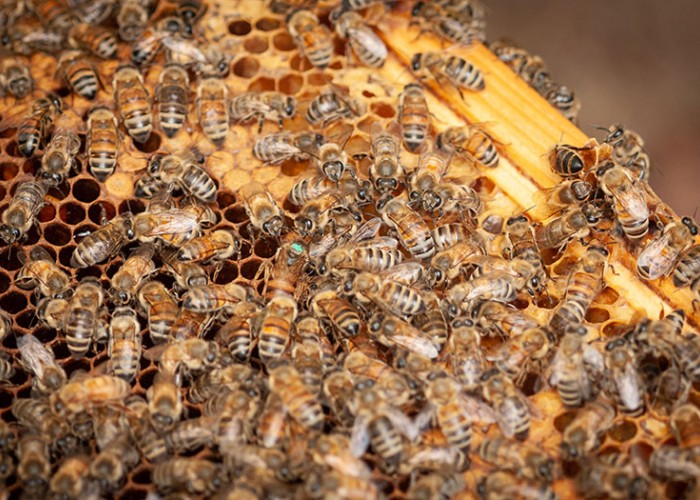
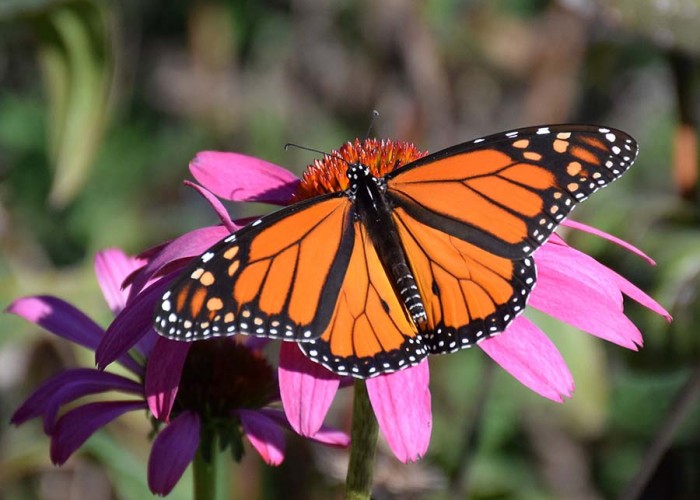
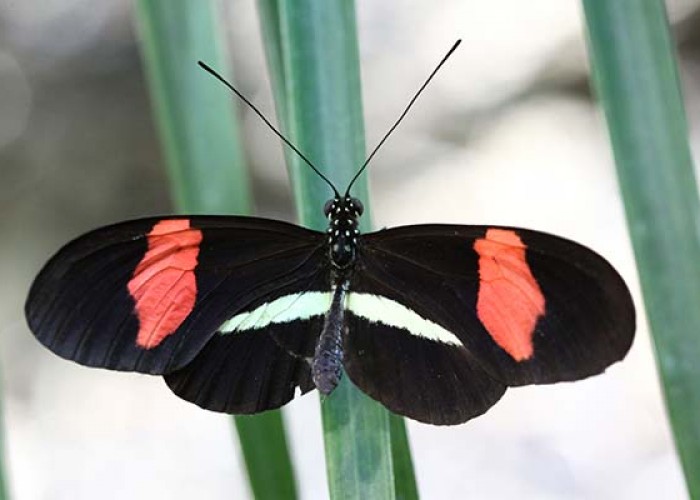

Comments (2)
My comment is in response to reading the article Support Our Pollinators, March 2021 Carolina Country.
My permanent residence is on the Outer Banks of NC where I am a proud Master Gardener, a volunteer in the horticulture area at the NC Aquarium of Roanoke Island and have established several butterfly gardens on our sound front property. Additionally I have established a half acre native landscape on our property which is registered with the NC Wildlife Resource Commission as a backyard habitat.
We also are fortunate to have a home in Ashe County. Please be aware that NC Electric Cooperative is not totally on board with their support of maintaining pollinators in native settings. Our small roadway hillside was sprayed with a plant and tree killer by the electric company several years ago. I suppose this mass spraying was done due to overhead power lines. The amount of area that vegetation was killed was far beyond necessary. Many species of pollinator plants and trees were killed almost immediately. Plus the overhead lines would never be compromised by the native vegetation growth of our roadway hillside. Certainly this practice of spraying herbicide insecticide has stopped since the inception of the Pollinator Conservation Alliance in 2017. We pray each time we return to our Western NC home that our road hillside has not unnecessarily been spayed again.
Thank you very much,
Victoria Byers |
March 11, 2021 |
reply
https://www.carolinacountry.com/departments/viewpoint/a-thoughtful-approach-to-keeping-lines-clear
Carolina Country |
April 01, 2021 |
reply